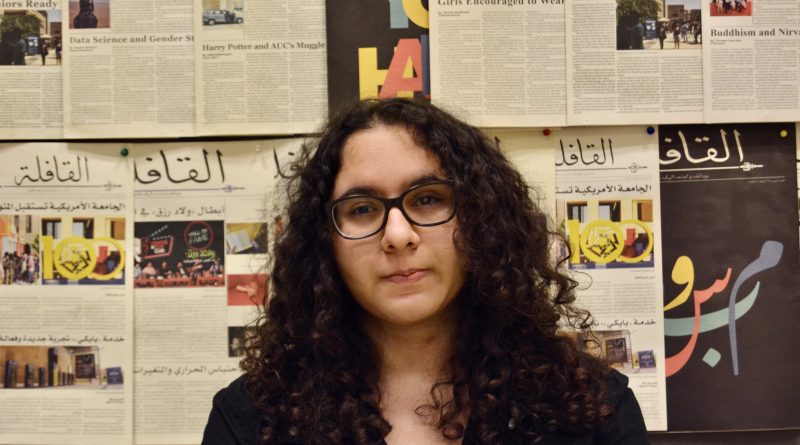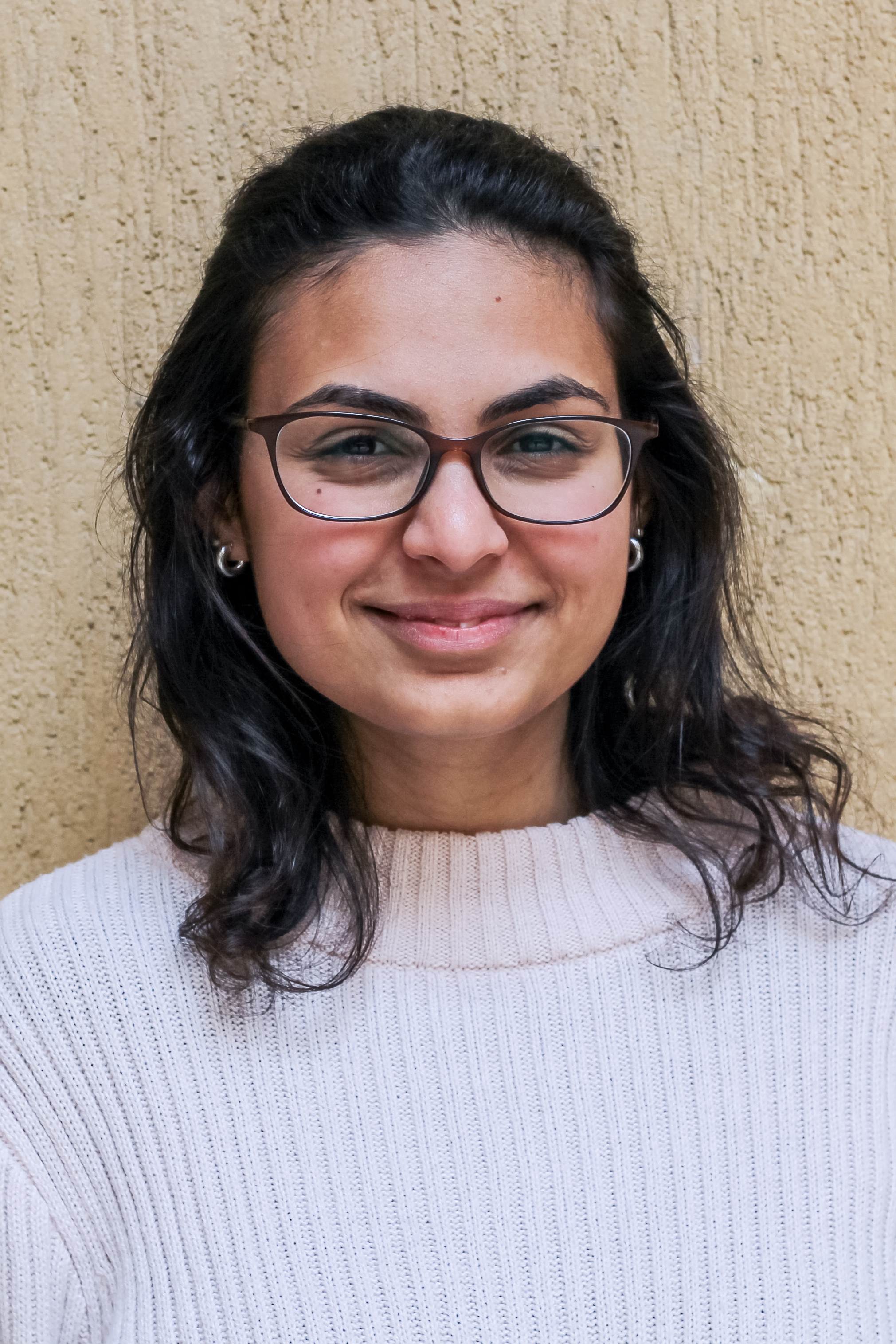Farewell To The Caravan: Empowering Voices
By: Maya Abouelnasr
English Co-Senior Editor
I have often been told that I have a way with words – at least in writing.
But sitting here, writing my last piece for The Caravan after a year-and-a-half of being a part of the team, first as a student reporter and then an editor to being a co-senior editor, I’m drawing a blank on how to describe the experience.
Before joining AUC, I already had an interest in The Caravan, having heard about it from my mom who was an editor-in-chief in the 1980s. But it wouldn’t be until my junior year that my association began.
Zooming into my first Caravan lab course session in Fall 2020, I was excited to apply lessons from media writing and improve, given that is one of my greatest hobbies.
The first week was a bit tough in terms of learning to cope with the frustration of not receiving replies from sources and multitasking between the 24/7 nature of the course, in addition to the four other courses I was taking that semester.
But my biggest initial challenge was learning how to politely nag and be persistent, rather than be overly worried about whether my follow-up emails were seen as rude.
If there’s one thing I can say about The Caravan is that it gave me a voice. I gained the confidence to approach people I likely never would have otherwise through the diverse topics that I covered, from translational activism and theater productions to connectivity solutions and webinars promoting media literacy.
Given that this special issue is all about strong women, the fact that The Caravan staff is predominantly composed of women has certainly been unique and empowering, as men tend to dominate newsrooms in the field.
I never took the time to really think about this though and how the female-dominant environment impacted the experience, but it’s interesting to consider in this context.
According to the non-profit knowledge center Nordicom in a 2018 report, 30 corporations within the 100 largest international media corporations — spanning 21 countries, most of which being in Europe — had no women in their top management.
Additionally, the non-profit organization Women’s Media Center also reported in 2019 that women only accounted for 41.7 percent of newsroom employees in the United States.
The American Broadcasting Company (ABC), for instance, announced in 2021 that they had reached a two-year goal, which was to have equal numbers of women and men in their news coverage in March of that year.
As for Egypt, according to a 2018 report by the International Women’s Media Foundation (IWMF), women make up over half of the number of journalists at some companies, ranking better than other countries in the region such as Jordan in that respect.
This unfortunately comes with reports of gender discrimination and toxic newsroom environments, however, which have been extensively covered in research papers internationally as well as organizational reports such as that of the IWMF’s.
The IWMF report also emphasized that Egyptian women are severely underrepresented at the executive level, with a “glass ceiling” placed at the senior management level, meaning they tend to have a minimal role in policy setting.
Having strong, vocal female leadership at The Caravan during the entirety of my tenure has been empowering in a way because this glass ceiling was non-existent.
For instance, we’re consulted for decisions by the faculty advisors as to which stories to take on and drop, how many pages in an issue, and so on.
This emphasized how valued our voice is and how it should be confidently perceived as such by us women, regardless of any societal perceptions, at a key stage in life — that is, before entering the “real world” where the dynamic may not be the same for those of us who wish to pursue a career in this field after graduation.
But looking back now as I prepare to say goodbye in a few short days, I realize more than ever just how much I’ve enjoyed being part of The Caravan team with each passing semester, evolving from that quiet junior to a more confident graduating senior.
I have yet to decide where the wind will take me next (immediately starting a Master’s degree or doing a gap year to gain work experience first). But I know my worth and how I have the right to stand up for myself in the workplace because of this experience.




